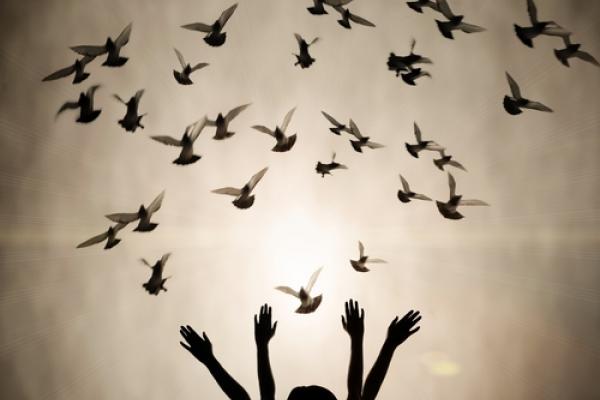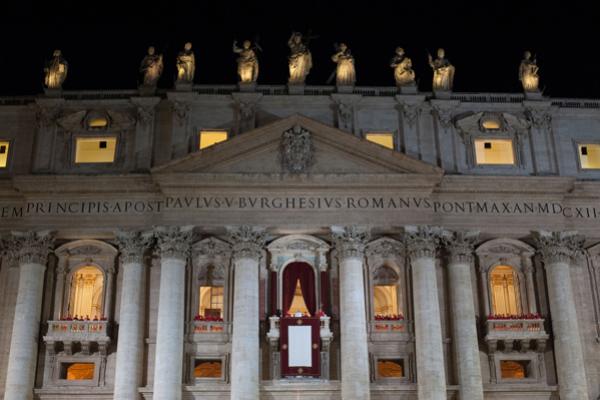It’s true that by some standards I am not North Carolinian, nor or am I Southern. I was not born there — I have no extended family there. I don’t speak with a drawl. And I don’t (gasp!) like sweet tea or Cheerwine.
But after 14 birthdays, nine years in the public education system, four years at UNC-Chapel Hill, countless pounds of barbecue, numerous trips to the Appalachians and the Outer Banks, and many lifetime milestones — including voting for the first time! — passed in that beautiful state, it is now the closest thing to home I know.
No stones were thrown, even though these leaders thought they had the law on their side. Not one stone was thrown. Jesus turned the moment from pious religious rules to self awareness of grace, and each person with a stone dropped it and walked away. I think maybe because they realized life is all grace. Then that grace standing in front of this woman is given to her. The system failed, but life was given.
One of my favorite comments from yesterday's post on Seven Deadly (Social Media) Sins:
"My biggest annoyances are those "If you love Jesus, 'like' and share" posts. My faith and my love are not to be measured by whether I like your cheesy photo/slogan/tool of judgement."
Amen, sister. I think these are even more annoying than those “Just checking to see if you will even read this…if you are reading it, comment and then copy this exactly and paste as your status update. 95% of you will ignore this. Just trying to see who my real friends are” updates. Sniff. Sob. Poor me!
Pope Francis on Thursday approved a major overhaul of the Vatican’s criminal laws, introducing specific offenses for child sexual abuse and leaking confidential documents.
Vatican laws against money laundering, corruption, and the financing of terrorism were updated to respond to the recommendations of the European financial transparency watchdog Moneyval. The Vatican submitted to Moneyval oversight as part of its bid to use the euro as its currency.
Under the new norms, which will go into effect on Sept. 1, the Vatican also abolished life imprisonment, substituting a maximum jail term of 30 to 35 years.
For the first time in 50 years, the House of Representatives cut mention of food stamps in the Farm Bill, which passed the House yesterday. The Supplemental Nutrion Assistance Program has historically made up nearly 80 percent of funding in such bills. Following the 216-to-208 vote, the House's decision to go through with the ruling has both parties defensive. The Washington Post reports:
"The vote made clear that Republicans intend to make significant reductions in food stamp money and handed Republican leaders a much-needed victory three weeks after conservative lawmakers and rural state Democrats revolted and blocked the original version of the bill that included food stamp money."
Read more here.
After serving four years as Department of Homeland Security (DHS) Secretary, Janet Napolitano is set to resign on Friday. The Los Angeles Times reports Napolitano will become president of the University Of California system.
“While some may consider her to be an unconventional choice, Secretary Napolitano is without a doubt the right person at the right time to lead this incredible university," Sherry Lansing, the regent and former film industry executive who headed the search committee, said in a statement being released Friday. "She will bring fresh eyes and a new sensibility -- not only to UC, but to all of California. She will stand as a vigorous advocate for faculty, students and staff at a time when great changes in our state, and across the globe, are presenting as many opportunities as challenges.”
Read more here.



